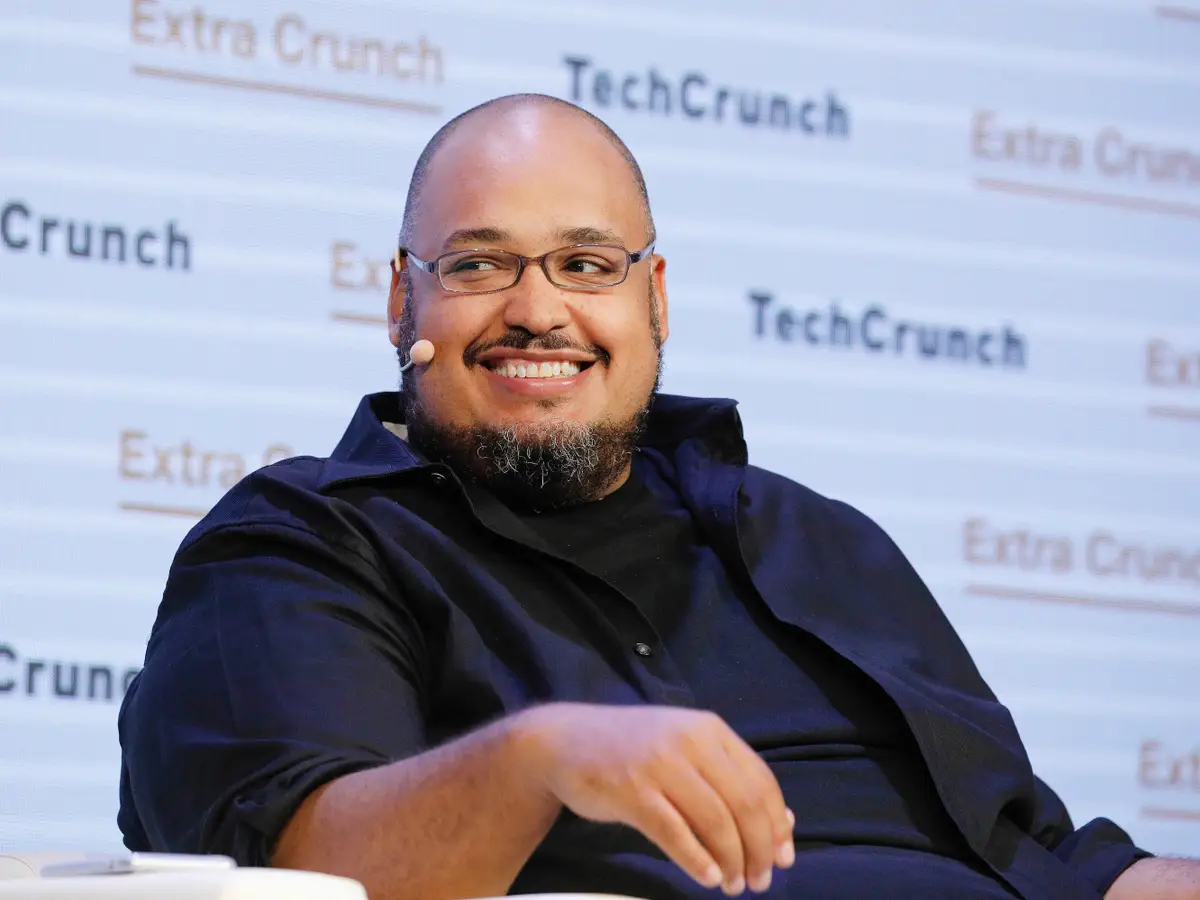Building a successful product requires more than just a great idea; it demands focus, iteration, and a deep understanding of users’ needs. Michael Seibel, CEO of Y Combinator and co-founder of Twitch, has shared valuable insights on how to build a product that truly resonates with users. His advice is particularly relevant for Nigerian startups, where founders must navigate unique challenges such as infrastructure limitations, market fragmentation, and evolving consumer behavior.
1. Solve a Real Problem
Seibel stresses that the foundation of any great product is solving a real, pressing problem. Many startups fail because they build products in search of a problem rather than addressing an existing pain point.
Paystack, acquired by Stripe for $200 million, identified a major challenge for Nigerian businesses: online payments were cumbersome and unreliable. By providing an easy-to-use API that seamlessly integrated with merchants’ websites, Paystack solved a real problem and gained rapid traction.
2. Start with a Narrow Focus
Rather than trying to build a product that serves everyone, Seibel advises startups to focus on a small, highly engaged group of users. Solving a problem well for a niche market creates a strong foundation for future growth.
Kuda Bank began by targeting digitally savvy millennials who were frustrated with traditional banking fees. By offering a no-fee, mobile-first banking experience, Kuda carved out a loyal customer base before expanding its services.
3. Iterate Based on User Feedback
Successful products evolve through continuous iteration. Founders should listen to their users, identify pain points, and refine their offerings accordingly.
Flutterwave initially focused on providing seamless payment solutions for businesses. However, after receiving feedback from users who needed to send money across borders, they launched ‘Barter’ to facilitate personal transactions. This pivot expanded their reach and cemented their position in Africa’s fintech ecosystem.
4. Avoid Overbuilding
Seibel warns against the temptation to add too many features too soon. Instead, founders should launch with a minimal viable product (MVP) and improve it over time.
PiggyVest started as a simple savings app allowing users to lock funds and earn interest. Instead of launching with multiple financial products, the team focused on perfecting one core feature before gradually expanding into investments and loans.
5. Build a Strong Technical Team
Having a team that can rapidly build, test, and iterate on a product is crucial. Seibel emphasizes the importance of technical co-founders or in-house engineers who can develop and refine a startup’s core technology.
Andela recognized the shortage of skilled software developers in Africa and created a model to train and deploy local talent. By investing in a strong technical team, Andela not only built a successful business but also contributed to strengthening the region’s tech ecosystem.
6. Keep Operational Costs Low
Running lean is key, especially for startups operating in markets with limited funding opportunities. Nigerian founders must be particularly strategic about resource allocation.
Eden Life, a home management startup, optimized costs by focusing on automation and outsourcing logistics, allowing them to scale their services efficiently without excessive overhead costs.
7. Commit Fully to the Startup’s Success
According to Seibel, successful founders exhibit unwavering commitment to their startups. They embrace setbacks as learning experiences and remain persistent even when challenges arise.
Despite regulatory roadblocks, OPay remained committed to building a digital financial ecosystem in Nigeria. By adapting to new policies and diversifying their services, they maintained their growth trajectory and became a major player in mobile payments.
Final Thoughts
Michael Seibel’s principles for building a successful product—solving a real problem, starting with a narrow focus, iterating based on feedback, avoiding overbuilding, assembling a strong team, keeping costs low, and staying committed—resonate deeply with Nigerian entrepreneurs. By applying these lessons, Nigerian startups can navigate challenges, scale effectively, and build products that transform industries.
As the Nigerian tech ecosystem continues to grow, these foundational principles will remain essential for founders looking to create impactful, scalable, and successful businesses.


















